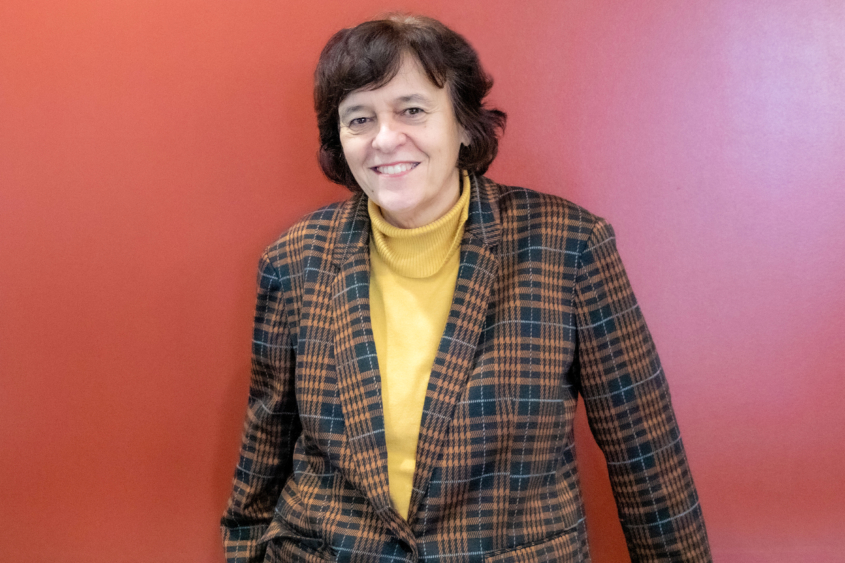
Dean’s Message
Familiarity and stability are comfortable, but the most successful institutions are those that learn to adapt to their times. Universities, in particular, need to be constantly adapting to the changing needs of society and their students. In her book “How Colleges Change: Understanding, Leading, and Enacting Change,” Adrianna Kezar discusses a number of drivers that may lead to change in institutions of higher education. Some of these drivers include new understandings about effective pedagogy, the rise of new technologies and larger connections to the global world.
At Luskin, we have responded effectively to these drivers. New ideas about teaching and pedagogy stress the importance and desirability of interactive and engaged learning and have led us to increasingly complement classroom knowledge with opportunities to learn outside the classroom. For example, our undergraduate public affairs curriculum is designed to enable students to conduct community-engaged work and apply classroom learning to real-world situations. Our three professional degree programs all mandate internships that send students to work at various community, state, national and international organizations.
Over the last decade, new digital technologies have proliferated and data analytics skills have become increasingly critical in public affairs jobs, as organizations collect thousands of points of data that need to be understood, analyzed, visualized and communicated in meaningful ways. At Luskin, we established a few years ago a certificate on data analytics that is available to our current students. But alumni of earlier years and many other professionals in the field of public affairs have not had the opportunity to be trained in digital technologies. We will now be extending this opportunity to a wider audience with an online Certificate in Data Analytics in Public Affairs that our School will start offering soon, in collaboration with UCLA Extension.
When I first started teaching at UCLA 35 years ago, only a few students had traveled outside California; an even smaller group had ever ventured outside the U.S. This is no longer true. We live in a globalized world, and UCLA is a global university in a truly global city. Global challenges have local impacts, and our students have a real thirst for an education that crosses borders and allows them to study urban and social issues comparatively. In the last few years, our School has started a dual degree with Sciences Po, the premier public affairs university of France, as well as exchange programs with the University of Geneva, the Hertie School in Berlin and the University of Tokyo. Some of our undergraduate and graduate students also participate in a global internship program that has taken them to Vietnam, London, Prague and Buenos Aires, among other places. And the School is extending its footprint through the establishment of a new professional master’s degree in Global Public Affairs (MGPA) that is scheduled to start in Fall 2026.
The more global profile of the Luskin School takes nothing away from its mission to help local communities and institutions build capacity and improve their operations. As you can read in this Luskin Forum, our faculty are working to ensure that a California bill against plastics pollution will not inequitably burden vulnerable communities; evaluating local strategies to reduce obstacles to transportation access and homeownership; and seeking to understand and expand young people’s civic engagement. And this is only a small subset of the outstanding research that is going on in our School.
One more welcome change in response to the times is the addition of a new professional degree program — the Master of Real Estate Development (MRED) — that will start next fall, training students in the nuts and bolts of real estate and delving into pressing social challenges such as housing affordability, adaptive reuse of vacant commercial facilities, sustainable development and climate-adaptive design. What distinguishes MRED from other real estate programs around the country is its interdisciplinarity and collaboration with other UCLA schools and research centers, as well as the input and unprecedented collaboration the program has received from real estate industry leaders.
So “the times, they are a-changin,” but our School, your School, is adapting, growing and achieving excellence!
Anastasia



Leave a Reply
Want to join the discussion?Feel free to contribute!